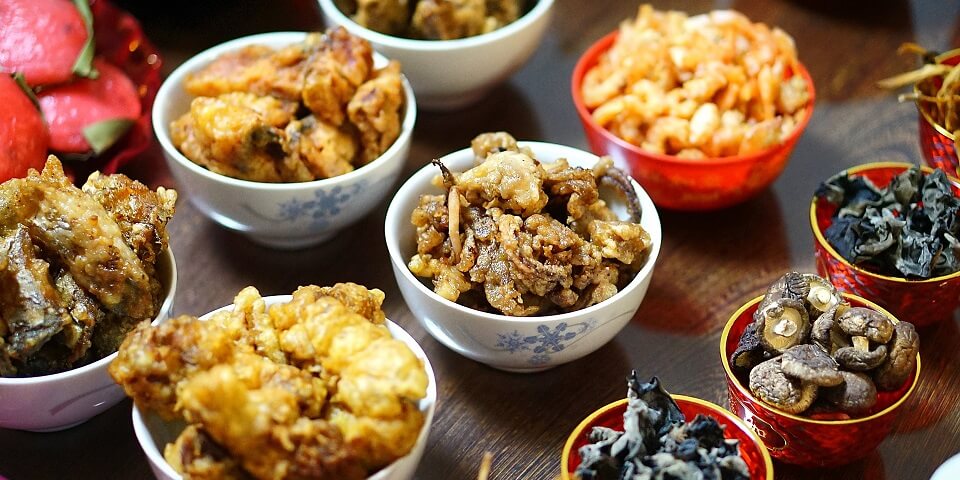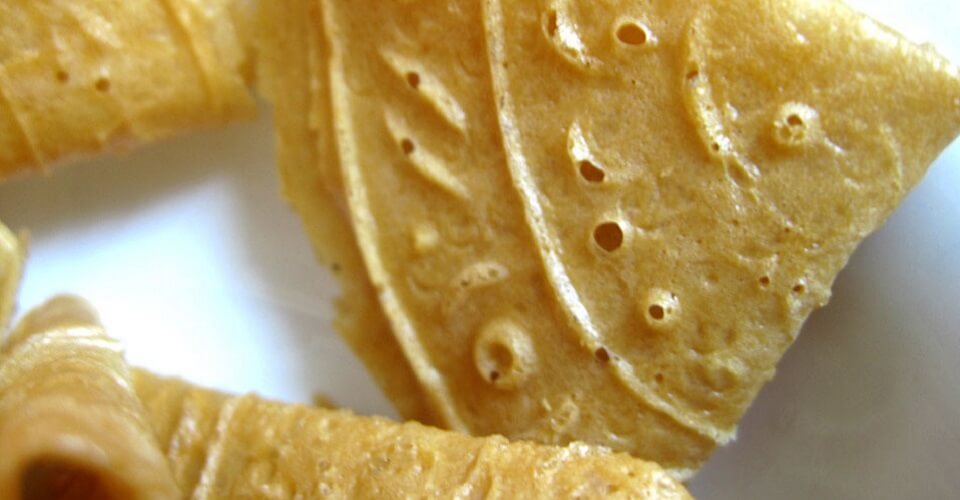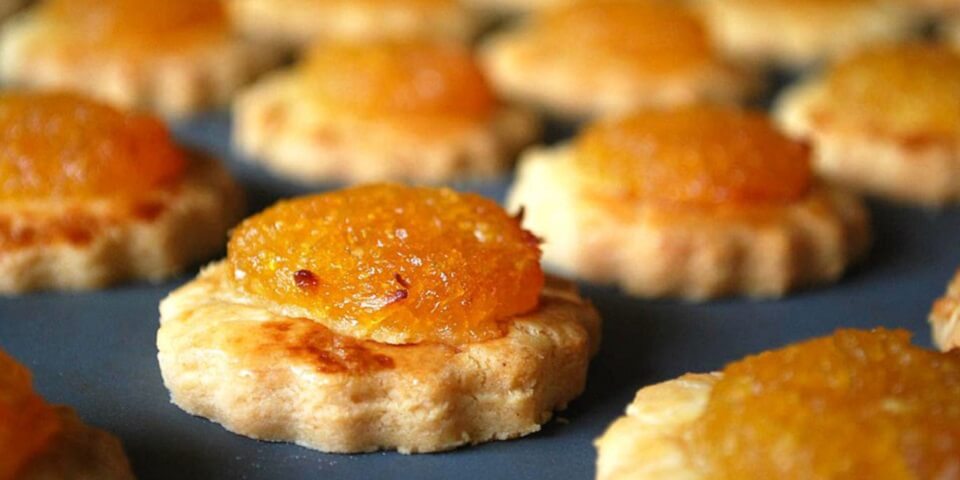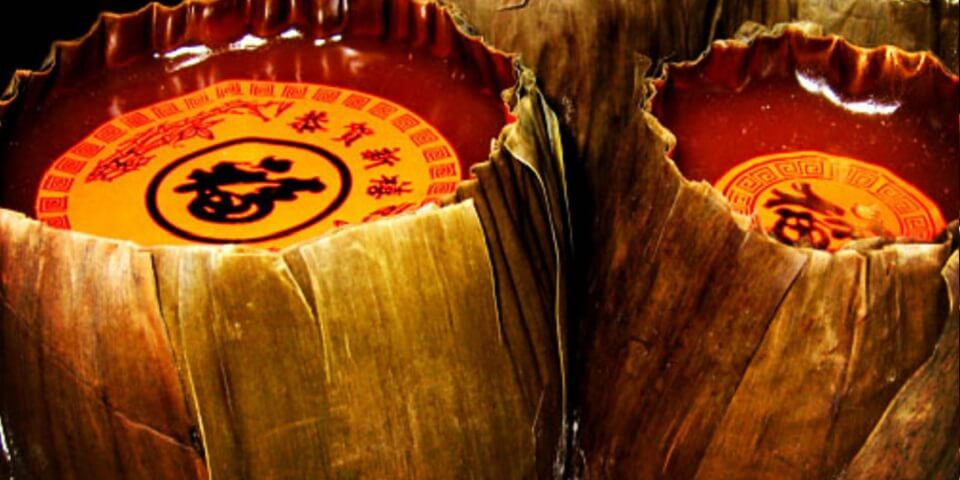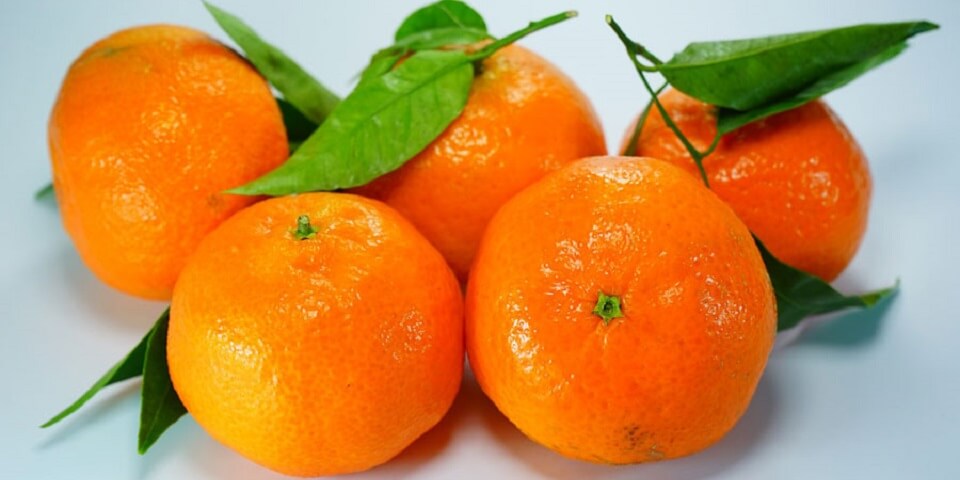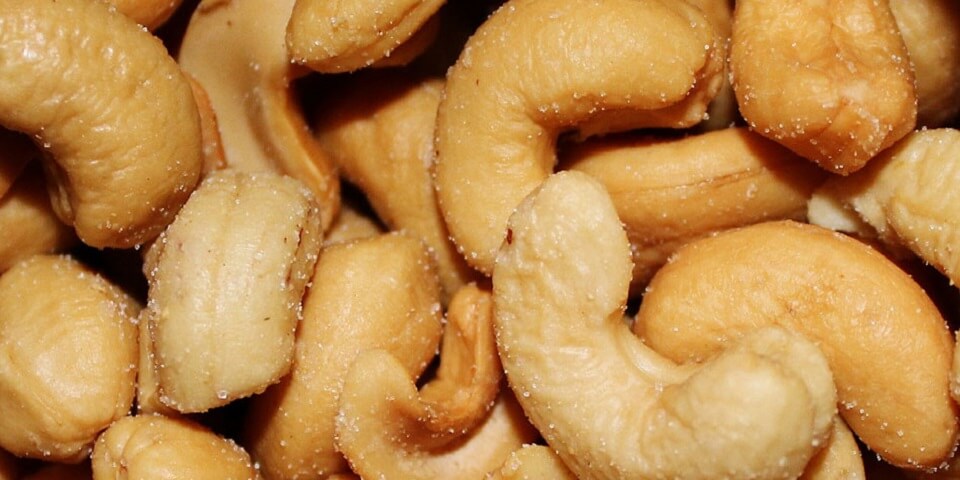Traditionally, reunion dinners are made up of dishes which represent different wishes for certain auspicious blessings in the upcoming year. Depending on the ingredients used and style of cooking, their health ratings may differ. Certain dishes are prepared with fatty cuts of red meat and are generally high in cholesterol, which is made worse by deep frying them.
Instead, aim for plant-based dishes to make up at least half of your plate. Opt for food which has been cooked with less oil (steaming, braising, pan-fried, etc). Finally, whether you're at a restaurant or a relative's house, food served in large portions makes it less obvious you're overeating.
This is not to say that you should avoid these foods completely. Eating too much of anything is an unhealthy habit. The key is to eat in moderation, whether it is during this festive season or all year long.
Practicing a good diet will go a long way in reducing your risks of serious health conditions, but you there's more you can do to protect yourself against critical illnesses. Already diagnosed? You can still get protected.
Health ratings are calculated based on calorie count supplied by the Ministry of Health and the average calculation of other sources, according to typical serving sizes.
